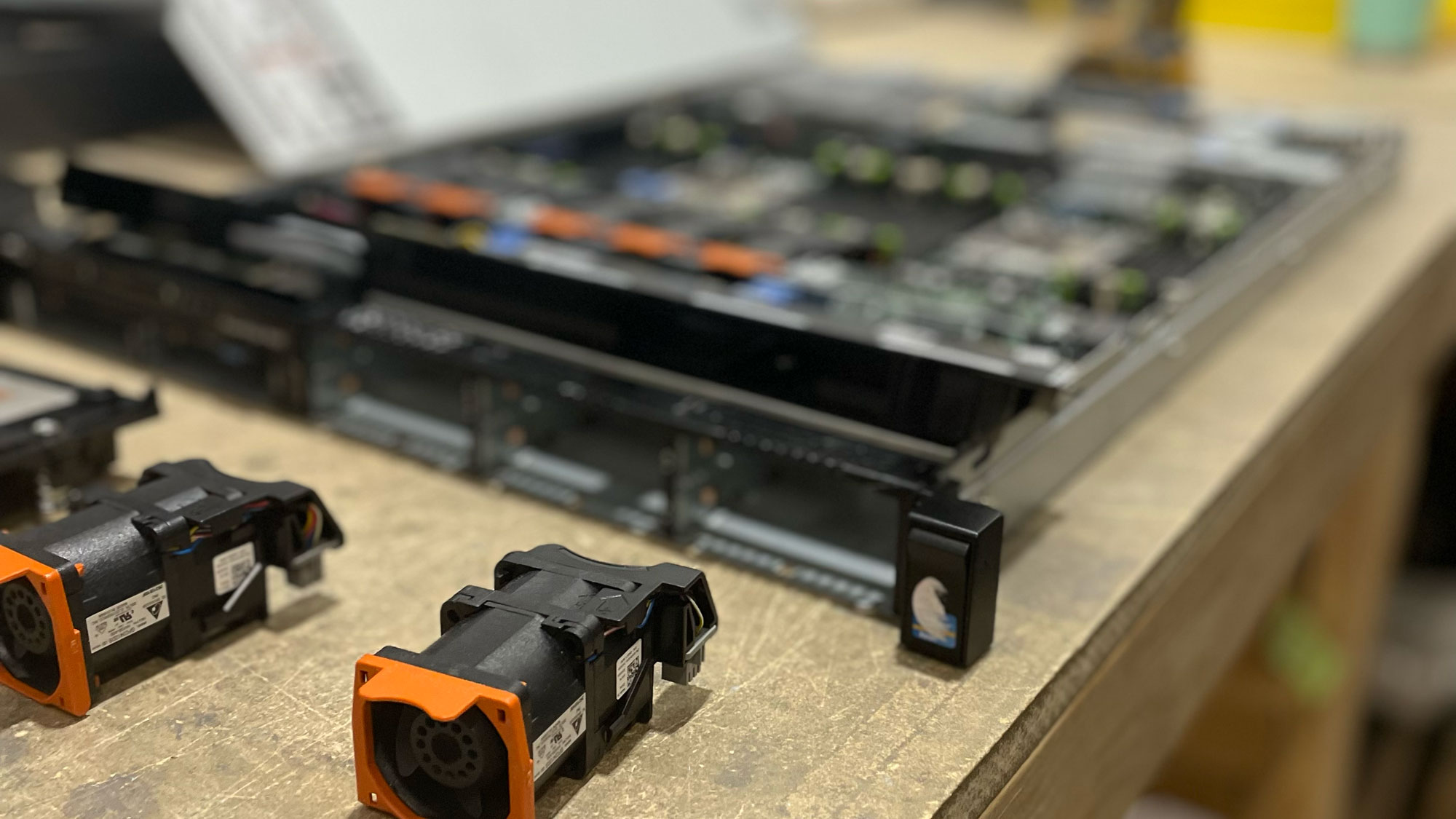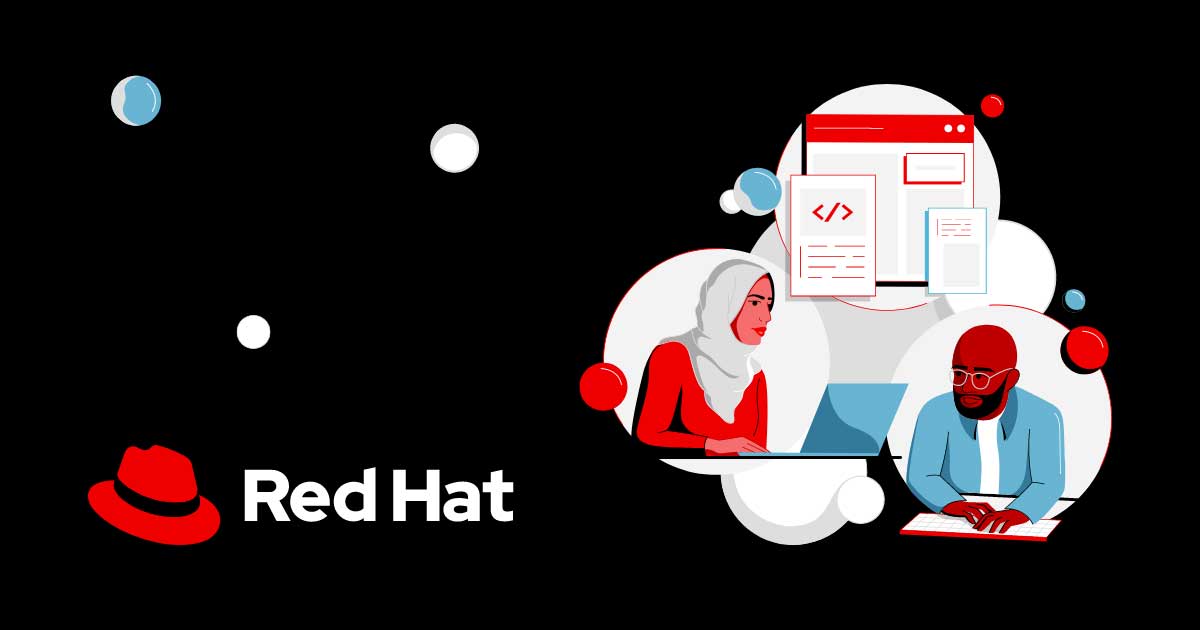The Internet Archive, a non-profit virtual library highest identified for its Wayback Machine, has disclosed a significant information breach affecting over 31 million customers in addition to a chain of allotted denial-of-service assaults.
On the afternoon of Oct. 9, guests of The Internet Archive began seeing pop-up messages that learn: “Have you ever felt like the Internet Archive runs on sticks and is constantly on the verge of suffering a catastrophic security breach? It just happened. See 31 million of you on HIBP!”
HIPB is “Have I Been Pwned?” — a unfastened web site that permits customers to test if their non-public data has been compromised in a knowledge breach.
Attackers controlled to compromise a 6.4 GB SQL database containing authentication data for the Archive’s registered contributors, together with electronic mail addresses, display screen names, password-change timestamps, and bcrypt-hashed passwords, in keeping with Bleeping Computer.
However, HIBP says 54% of the compromised information had already been flagged on its carrier as being uncovered in earlier breaches. It is recently no longer identified how attackers breached The Internet Archive or in the event that they stole some other information.
SEE: National Public Data Breach: Only 134 Million Unique Emails Leaked and Company Acknowledges Incident
Jake Moore, world cybersecurity marketing consultant at web safety company ESET, informed roosho in an electronic mail: “Hacking the previous is in most cases technically not possible however this information breach is the nearest we might ever come to it. The stolen dataset comprises non-public data however no less than the stolen passwords are encrypted.
“However, it’s a excellent reminder to ensure all of your passwords are distinctive as even encrypted passwords can also be go references in opposition to earlier makes use of of it.
“Have I Been Pwned is an implausible unfastened carrier that can be utilized after a breach. It securely accommodates thousands and thousands of breached usernames and passwords for other people to soundly test their credentials in opposition to the database to test if they’ve ever been stuck up in a breach.
“If you find your data in any known breaches, it would be a good idea to change those passwords and implement multi factor authentication.”
Registered contributors of the Internet Archive will be capable to exchange their password as soon as the website online is again on-line.
Timeline of this week’s assaults on The Internet Archive
The most up-to-date password exchange timestamp within the dataset was once discovered to be Sept. 28, which is most probably when it was once stolen. Indeed, HIBP operator Troy Hunt mentioned that he had won the document on Sept. 30 and validated it by way of matching its information with a consumer’s account main points.
In a publish on X, Hunt mentioned he first notified the Internet Archive of the breach on Oct. 6, and that he would load the compromised information onto HIBP inside 72 hours. Two days later, the Internet Archive was once hit with an it seems that unrelated DDoS assault, however this was once underneath keep watch over inside an hour.
As Hunt started loading the information onto HIPB on Oct. 9, coincidentally, the pop-up began showing. By 5:30 p.m. ET, each the pop-up and the website online itself were disabled, with some guests seeing a message pointing out that “services are temporarily offline” and to consult with the Archive’s X account for updates.
According to archivist Jason Scott, the website online was once additionally experiencing every other DDoS assault. Kahle showed the breach and DDoS by means of X simply after 9 p.m. ET. He mentioned the pop-up were added thru its JavaScript library which had since been disabled, and that the second one DDoS was once being “fended off for now.”
SEE: Fidelity Data Breach Exposes Data From 77099 Customers
However, the next morning, Kahle posted on X once more announcing that the DDoS assaults had resumed once more, knocking each archive.org and openlibrary.org offline. At the time of writing, the websites are nonetheless down whilst programs are upgraded.
BlackMeta has claimed duty for the DDoS assaults
On Oct. 10, the hacktivist crew BlackMeta claimed duty for the DDoS assaults on The Internet Archive thru a textual content publish and video posted on X. Scott mentioned on Mastodon that “they’re doing it just to do it. Just because they can. No statement, no idea, no demands.”
BlackMeta additionally posted about disrupting the Archive’s services and products in May, which was once showed by way of Scott on the time. It isn’t believed that the DDoS assaults are attached to the information breach, and not one of the contents of the Archive has been corrupted, Kahle has mentioned.
DDoS assaults are on the upward thrust
A denial of carrier assault is a method utilized by malicious actors to forestall authentic customers from getting access to a internet server, internet utility, or cloud carrier by way of flooding it with carrier requests.
While a DoS assault is basically unmarried beginning, a allotted denial of carrier assault makes use of numerous machines on other networks to disrupt a selected carrier supplier; this is more difficult to mitigate, because the assault is being waged from a couple of resources.
According to a record by way of NETSCOUT, the choice of application-layer and volumetric DDoS assaults have risen by way of 43% and 30% respectively within the first part of this 12 months. Analysts discovered that important infrastructure, similar to banking, monetary services and products, and public utilities, are high objectives for optimum have an effect on.
Earlier this month, Cloudflare effectively mitigated a DDoS assault, which it claimed was once the most important ever disclosed.






No Comment! Be the first one.